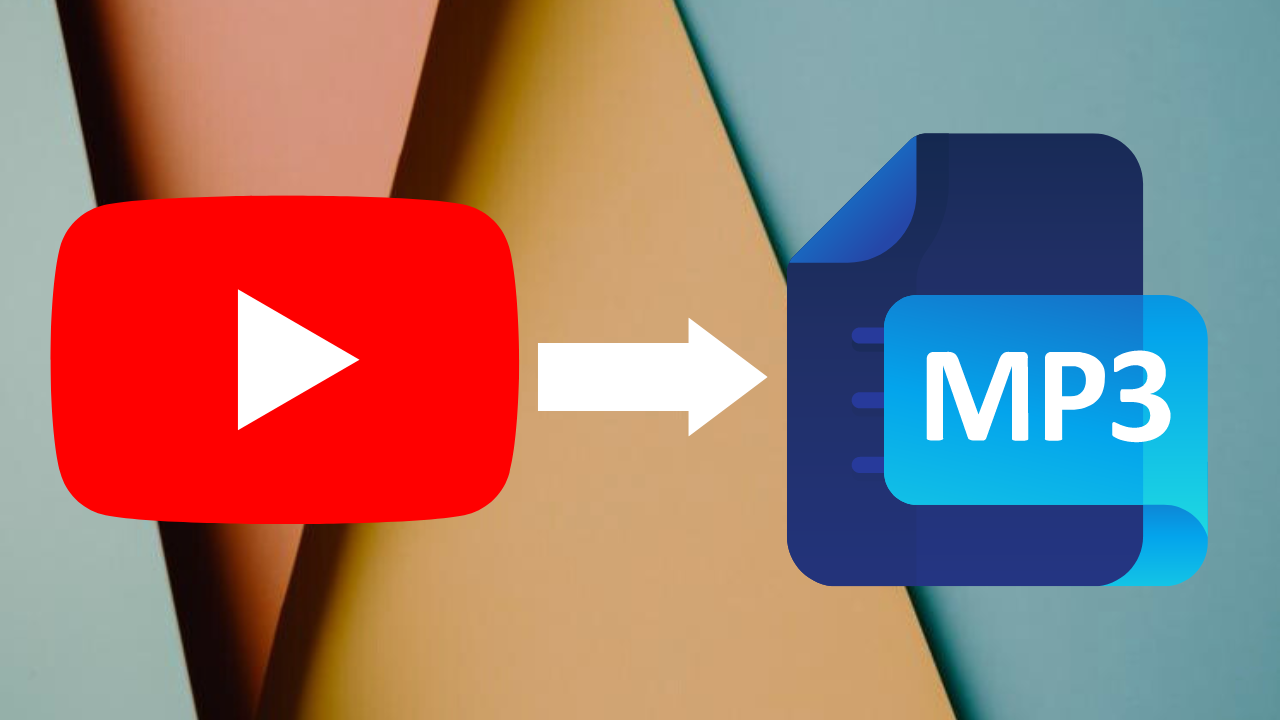Introduction
The internet is rife with content, and YouTube stands as a giant among platforms, offering a vast array of videos ranging from music and educational content to tutorials and entertainment. However, many users often seek to convert YouTube videos into MP3 format, primarily to enjoy audio content offline or on the go. This article delves into the world of YouTube to MP3 conversion, exploring its benefits, methods, legal considerations, and best practices.
Why Convert YouTube to MP3?
Convenience and Accessibility
Converting YouTube videos to MP3 provides unmatched convenience. Users can listen to their favorite tracks or podcasts without needing an internet connection. This is particularly useful during commutes, workouts, or in areas with poor internet connectivity.
Device Compatibility
MP3 files are universally compatible with almost all devices, including smartphones, tablets, MP3 players, and computers. This compatibility ensures that users can enjoy their audio files on any device without the need for specific applications or software.
Space Saving
Audio files, especially in MP3 format, consume significantly less storage space compared to video files. This makes it easier to store a large number of files on devices with limited storage capacity.
Focus on Audio Content
For those interested solely in the audio aspect of a video, such as a lecture, podcast, or music, converting to MP3 removes the unnecessary video component, allowing for a focused and distraction-free listening experience.
Methods of Converting YouTube to MP3
Online Converters
Online converters are web-based tools that allow users to convert YouTube videos to MP3 by simply pasting the video URL. These services are often free and do not require any software installation.
Pros:
- Easy to use
- No need for software installation
- Accessible from any device with an internet connection
Cons:
- Quality may vary
- Potential for intrusive ads or malware
- Limited features compared to dedicated software
Dedicated Software
There are several desktop applications designed specifically for converting YouTube videos to MP3. These programs often offer higher quality conversions, additional features like batch processing, and more control over output settings.
Pros:
- Higher quality output
- Additional features and settings
- No dependency on internet connection
Cons:
- Requires installation
- May have a learning curve
- Some software may require purchase
Browser Extensions
Browser extensions can be added to web browsers to facilitate the conversion process directly from YouTube. These extensions often add a download button to the YouTube interface.
Pros:
- Convenient and fast
- Integrated into the browser
Cons:
- Potential security risks
- May violate browser or YouTube policies
- Quality and functionality can vary
Mobile Apps
Several mobile applications are available for both Android and iOS that allow users to convert YouTube videos to MP3 directly on their smartphones.
Pros:
- Convenient for mobile users
- No need for a computer
Cons:
- May require app purchases or subscriptions
- Quality can vary
- Potential for malware or intrusive ads
Legal Considerations
Copyright Issues
One of the primary legal concerns with converting YouTube videos to MP3 is copyright infringement. Many YouTube videos, especially music and professional content, are protected by copyright laws. Downloading and converting such content without permission from the copyright holder is illegal and can lead to legal consequences.
YouTube’s Terms of Service
YouTube’s terms of service explicitly prohibit the downloading of videos without permission. Using third-party tools to download and convert videos violates these terms, which can result in account suspension or other penalties.
Fair Use Doctrine
In some cases, converting YouTube videos to MP3 might fall under the fair use doctrine, which allows limited use of copyrighted material without permission for purposes such as commentary, criticism, news reporting, teaching, and research. However, fair use is a complex legal area and varies by jurisdiction, so it’s essential to understand its limitations and implications.
Best Practices for Converting YouTube to MP3
Choose Reliable Tools
Select reputable and trustworthy tools for conversion to avoid malware, poor quality, and legal issues. Look for user reviews, ratings, and recommendations from trusted sources.
Respect Copyright
Always ensure you have the right to download and convert the content. Use videos that are in the public domain, have a Creative Commons license, or where you have obtained explicit permission from the copyright holder.
Quality Settings
Pay attention to the quality settings offered by the conversion tool. Higher bitrates generally provide better audio quality but result in larger file sizes. Aim for a balance that suits your needs and device storage capacity.
Update Regularly
Ensure your conversion software or tool is up to date to benefit from the latest features, security patches, and improvements.
Avoid Unnecessary Conversions
Only convert videos when necessary. Continuous and extensive downloading and converting can lead to excessive data usage, storage consumption, and potential legal complications.
FAQs
1. Is it legal to convert YouTube videos to MP3?
Converting YouTube videos to MP3 is legal only if you have permission from the copyright holder or if the video is in the public domain. Otherwise, it violates YouTube’s terms of service and copyright laws.
2. What are the risks of using free online converters?
Free online converters can pose risks such as malware, intrusive ads, and poor quality output. They may also have limited features and be less reliable than dedicated software.
3. How can I ensure high-quality MP3 conversions?
To ensure high-quality conversions, use reputable software or tools that offer customizable quality settings. Opt for higher bitrates (e.g., 320 kbps) for better audio quality.
4. Are there any recommended software for YouTube to MP3 conversion?
Some popular and reliable software for YouTube to MP3 conversion includes 4K Video Downloader, Freemake Video Converter, and Any Video Converter. These tools offer good quality, additional features, and regular updates.
5. Can I convert YouTube videos to MP3 on my smartphone?
Yes, there are several mobile apps available for both Android and iOS that allow YouTube to MP3 conversion. However, be cautious about app permissions, quality, and potential security risks.
6. What is the fair use doctrine, and how does it apply to YouTube to MP3 conversion?
The fair use doctrine allows limited use of copyrighted material without permission for specific purposes such as commentary, criticism, and education. However, fair use is complex and varies by jurisdiction, so it’s important to understand its limitations and whether your use case qualifies as fair use.
7. Are there alternatives to YouTube for finding audio content legally?
Yes, there are several alternatives where you can legally find and download audio content, such as SoundCloud, Bandcamp, and various podcast platforms. Many of these sites offer free or affordable options for obtaining music and other audio content legally.
8. How can I respect artists and creators while still enjoying their content offline?
To respect artists and creators, consider purchasing their music, subscribing to their official channels, and using legal streaming services that compensate them. If you enjoy their content on YouTube, support them by watching their videos, engaging with ads, and sharing their work.
9. What should I do if I accidentally download a copyrighted video?
If you accidentally download a copyrighted video, it is best to delete the file immediately and avoid distributing or using it further. Ensure you are more careful in the future to respect copyright laws and YouTube’s terms of service.
10. How can I identify if a YouTube video is in the public domain or has a Creative Commons license?
You can check the video’s description and metadata for licensing information. Videos in the public domain or with a Creative Commons license will usually have this information clearly indicated. Additionally, YouTube has a filter option that allows you to search for videos based on their licensing terms.
Conclusion
Converting YouTube videos to MP3 can provide great convenience and accessibility, but it’s crucial to understand the legal implications and best practices involved. By using reliable tools, respecting copyright laws, and making informed choices, you can enjoy your favorite audio content responsibly and ethically. Always prioritize supporting artists and creators through legal means to ensure the continued production of high-quality content.



